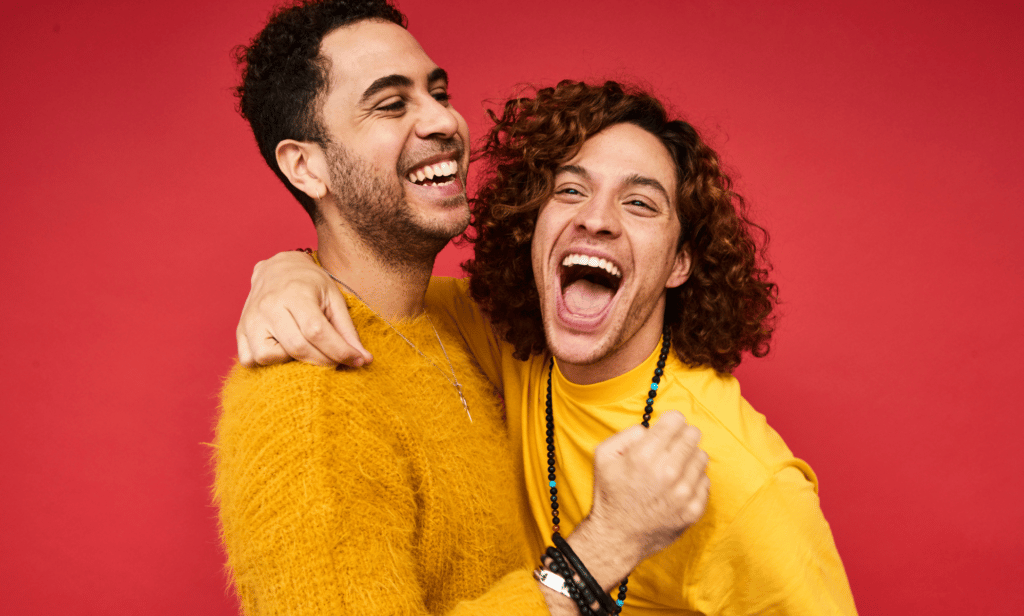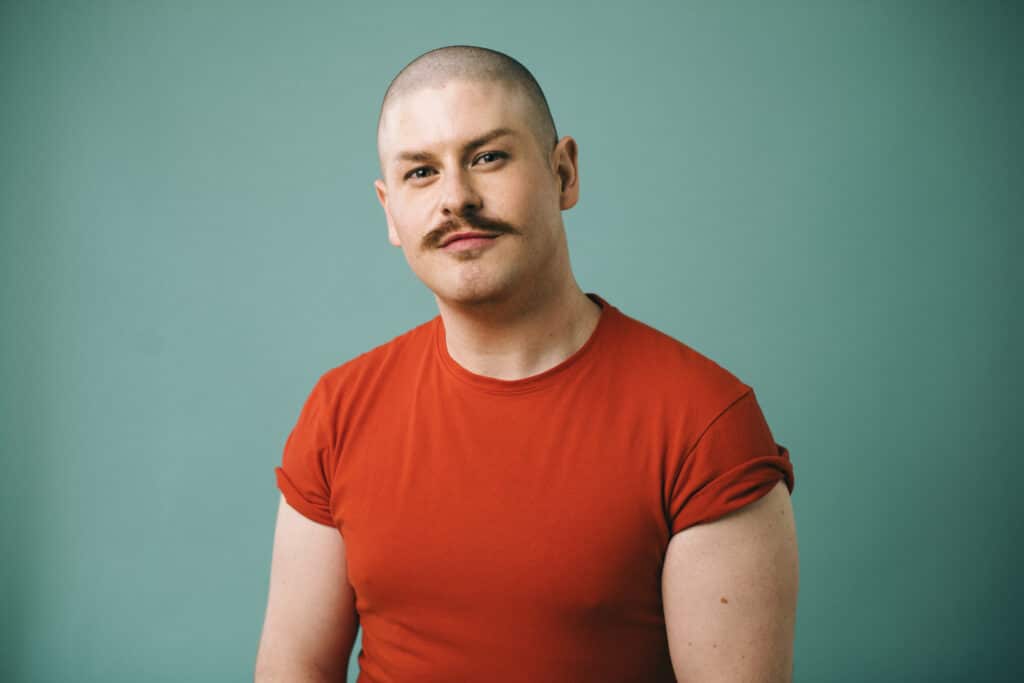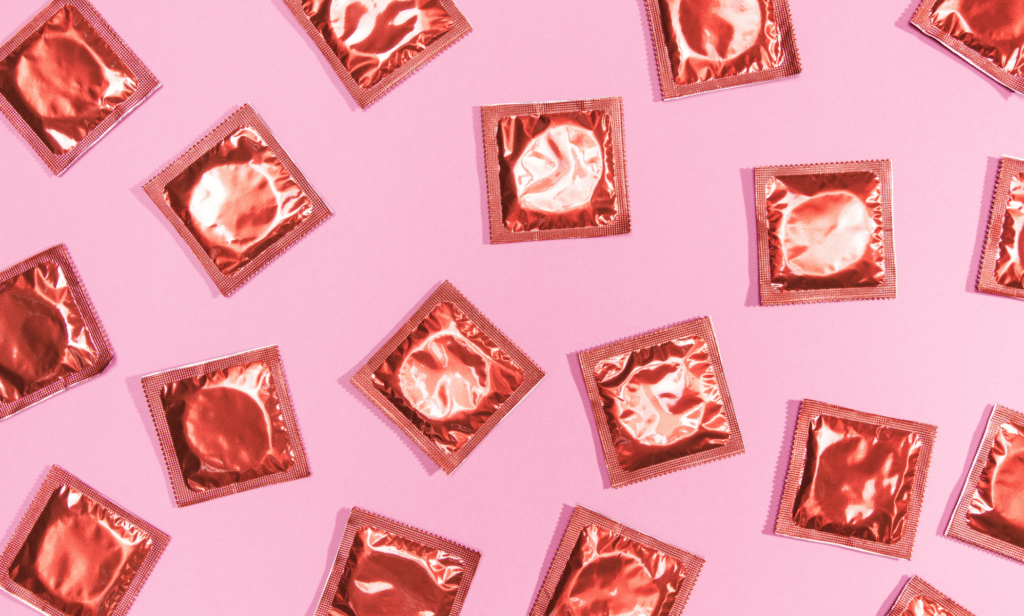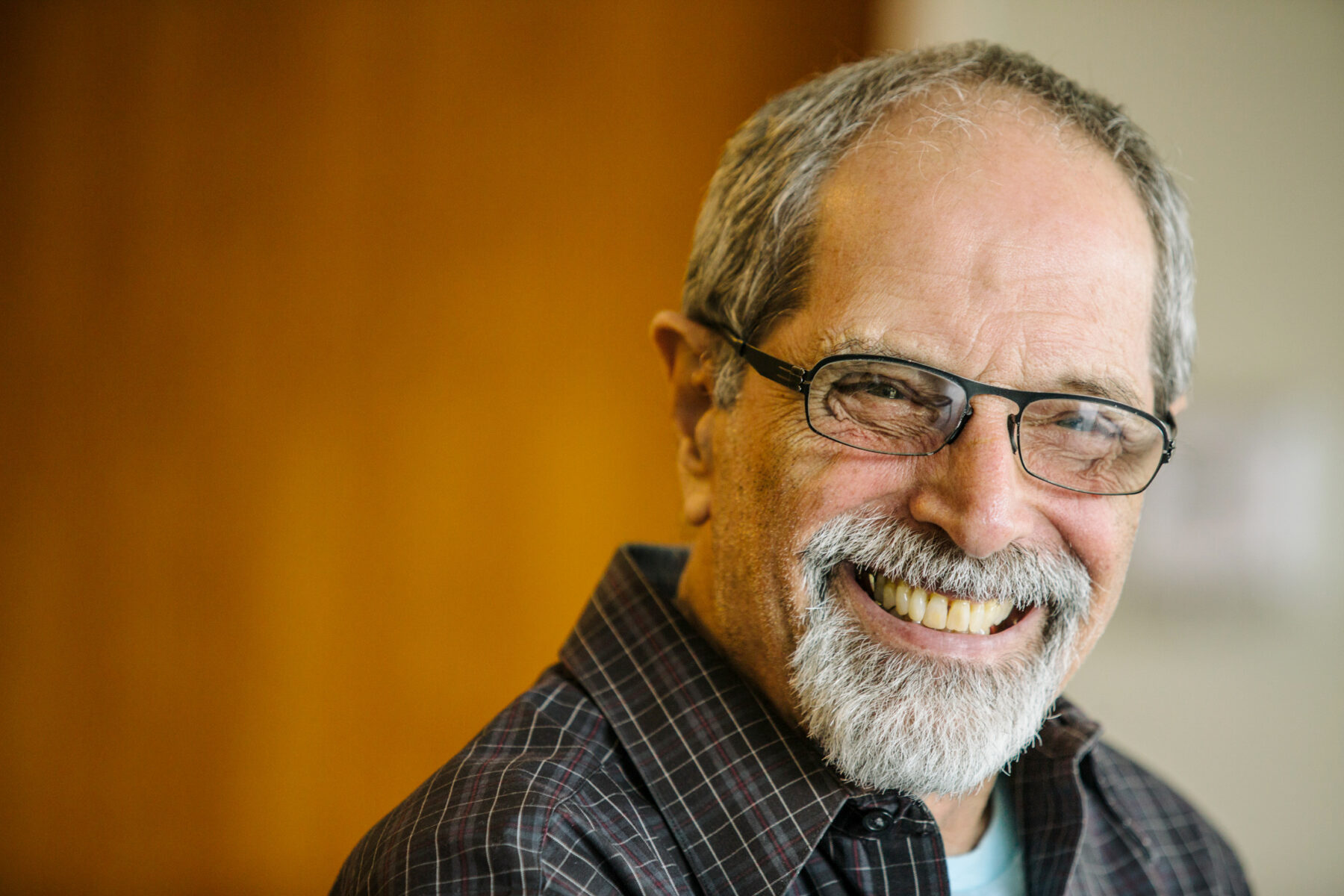10 trans trailblazers who paved the way and changed the world for good
As part of Trans Awareness Week, the community honours those we’ve lost on Trans Day of Remembrance every year.
Candlelit vigils take place worldwide each year commemorating the trans lives lost to transphobic hate crimes each year. This year, those vigils will happen on Sunday (20 November).
As well as a time to remember those lost to violence, and to raise awareness of hate, Trans Awareness Week is also about honouring those who fought so hard for the community and for their right to exist.
From Mexican revolutionaries to New York drag queens, these trailblazers prove that trans and non-binary lives have always mattered.
Rita Hester
Trans woman Rita Hester’s tragic death in 1998 sparked the existence of Trans Day of Remembrance as it’s known today.
Hester was a popular part of the Boston trans community and was intertwined with the city’s rock scene. Described as a magnetic personality who “was out for good times,” there was rarely a moment when she wasn’t dancing the night away with friends
On November 28, 1998, she was killed at her home in Massachusetts in a horrendous crime that still hasn’t been solved. In response, a candlelight vigil was held, with 250 people attending.
This later inspired activist Gwendolyn Ann Smith to create a web project named Remember Our Dead which honoured trans people who were victims to horrible hate crimes.
This became Transgender Day of Remembrance and has been held in cities across the world ever since.
Lucy Hicks Anderson
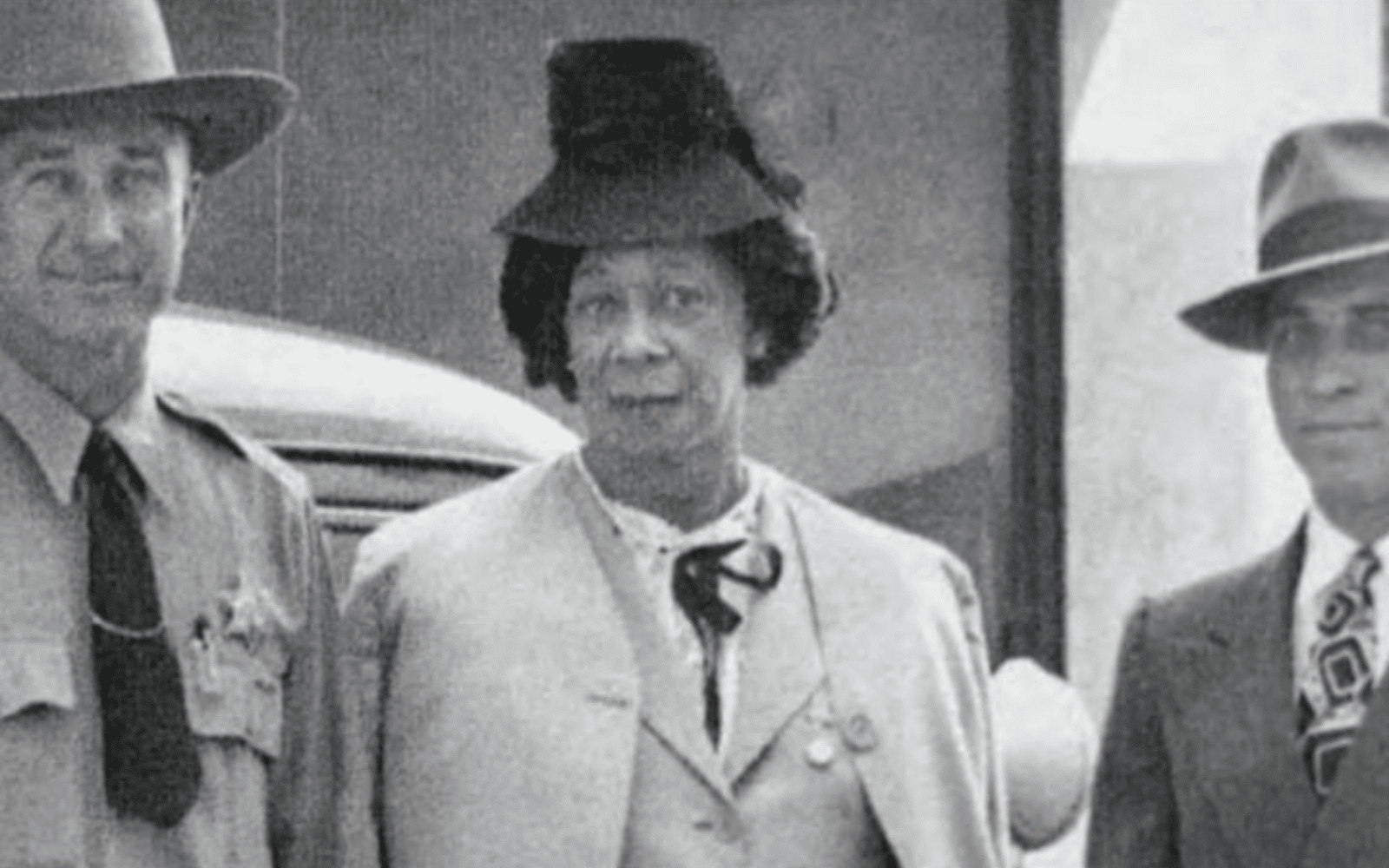
The story of Lucy Hicks Anderson proves that, no matter your background, the struggles of trans people across the world are ubiquitous.
Anderson was born in Kentucky in 1886. From an early age, she expressed a desire to present as female and socially transitioned in her teens under advice from doctors despite the term transgender not yet existing.
After leaving school at age 15, Anderson worked in various jobs until she was able to buy a California brothel, becoming a well-known socialite and hostess.
When claims that an outbreak of disease came from her establishment, Anderson was forced to undergo a medical examination that outed her to authorities.
Attorneys tried her for perjury, claiming that she had deceived the government about her gender. During the trial, she stated: “I defy any doctor in the world to prove that I am not a woman. I have lived, dressed, acted just what I am, a woman.”
The court convicted Anderson and sent her to a men’s prison. After serving her sentence, Anderson relocated to Los Angeles where she lived until her death in 1954.
Amelio Robles Ávila
The amazing thing about trans activism is it can take several forms – from street protests to simply correcting pronouns. In Mexican trans colonel Amelio Robles Ávila’s case, it was holding a pistol to a transphobic soldier until they correctly gendered him.
Born in 1889, Robles’ life was defined by the bloody conflict of the Mexican Revolution in the early 1900s.
He joined the army in 1911 and was sent to the Gulf of Mexico to obtain money from oil companies for revolution efforts. Two years later, aged 24, he began to identify as a man and demanded to be treated as such.
Historical accounts detail Robles’s lengths to combat transphobia, including threatening those who called him Doña or madam with a pistol.
Robles was eventually promoted to colonel, commanding 315 men during the Agua Prieta Revolt. He donned the nickname “el coronel Robles,” and was described as a capable military leader. He died aged 95 on 8 December 1984.
SOPHIE

Sophie Xeon, better known as SOPHIE, is one of the most significant trans musicians of all time and well-known for defining the hyperpop genre.
Born in Glasgow, Scotland on 17 September 1986, she became obsessed with music at a young age after her dad played electronic music in the car.
Her music became incredibly influential and is one of the foundations of hyperpop. Her song “Immaterial” has been listened to over 22 million times on Spotify.
She died on 30 January 2021 after falling from a cliff while trying to take a picture of the moon. Artists including Charli XCX, Sam Smith, and Rihanna expressed their condolences.
In tribute, the exoplanet 1980 RE1 was officially called Sophiexeon in her honour.
Jens Andersson
Not a huge amount is known about Jens Andersson, but what is known is that of a life defined by transphobia and a lack of understanding about non-binary people.
Born in the 1760s, Andersson began presenting as male when he moved to Strømsø, Norway in 1778.
After getting married, his wife later privately told a minister she thought her “husband might be a woman” and as such, Andersson was accused of sodomy.
During the trial, when asked about his gender, an associate answered: “He believes he may be both.”
After awaiting punishment “by fire and flames,” Andersson somehow escaped prison before a verdict was reached, the rest of his life is a complete mystery.
Blake Brockington
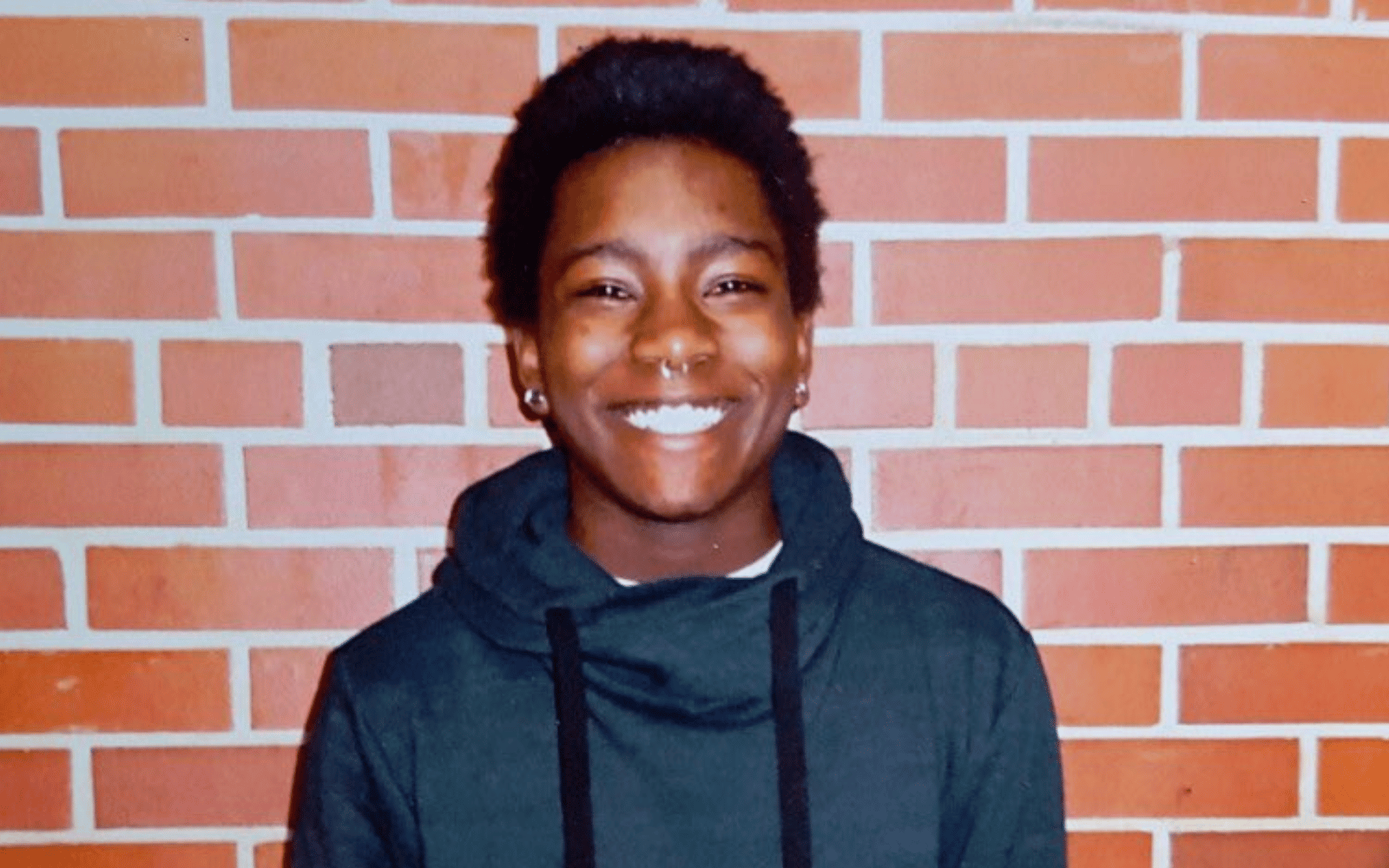
Trans male high school student Blake Brockington gained popularity after being the first trans high school homecoming king in North Carolina.
After coming out while in tenth grade, Brockington struggled with his parent’s disapproval, eventually joining a foster family.
In 2014, he collected $2,555 during a charity drive at his school in East Mecklenburg and became the first openly trans high school homecoming king.
He his platform to advocate for LGBTQ+ youth issues and spoke during a Trans Day of Remembrance service at Charlotte Independence Square.
Brockington took his own life at just 18 years old in March 2015. He was laid to rest in South Carolina.
Sylvia Rivera
LGBTQ+ activism just wouldn’t be the same without Sylvie Rivera, a trans woman born in 1951 who was involved with the Gay Liberation Front along with icon Marsha P Johnson and fellow activists.
Born in New York City, she was abandoned by her father as a child, living on the streets in 1962 before being taken in by a local community of drag queens.
While she did not attend the Stonewall riots, Rivera still spent much of her life advocating for the rights of LGBTQ+ people in and around New York, including after Johnson’s death.
She died in 2002 due to complications with liver cancer. After her death, her activism was celebrated with a street sign in her name.
Rusty Mae Moore
Rusty Mae Moore was a trans rights activist who ran a de facto homeless shelter in the late 1990s and early 2000s known as the Trans House.
A trans woman herself, Moore ensured that trans people in New York were taken care of and protected.
She was described as a “second mother” to patrons of Transy House, with resident Antonia Cambareri saying: “She paved the way, recording our culture, allowing us to survive.”
Moore died in February 2022 in Pine-Hill, New York home at 80 years old.
Thomas Baty
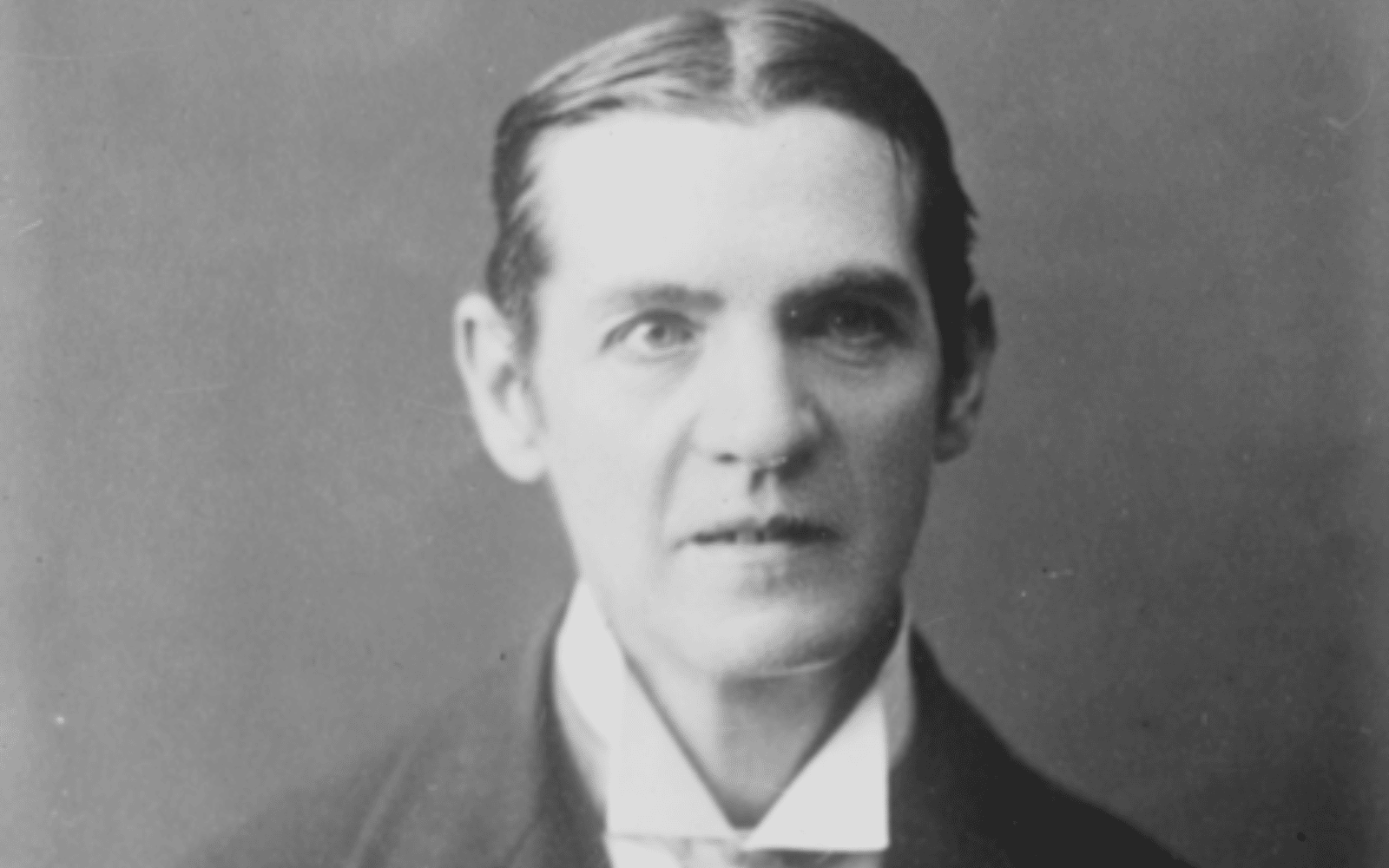
English scholar Thomas Baty, also known as Irene Clyde, was a gender binary-crushing visionary who defined his life around a rejection of societal gender norms.
Modern writers have described Baty as non-binary, though it is unclear if he identified with the term.
Baty published several books under the name Irene Clyde, most of which were feminism-based critiques of the gender binary in the form of essays or science fiction. Most notable was his book Beatrice the Sixteenth – a utopian novel set in a postgender society.
He died aged 86 in 1954 in Ichinomiya, Chiba, Japan.
Anderson Bigode Herzer
Trans man Anderson Bigode Herzer was a profound trans writer from Brazil whose experiences were used to create the film Vera by Sérgio Toledo.
Born in 1962, much of Herzer’s life was noted in a book titled A queda para o alto or Descending Upwards. He was institutionalised at 14 years old in a youth state detention centre until 17, when politician Eduardo Suplicy hired him as an intern.
Herzer struggled with mental health issues and trauma due to his detainment, taking his own life at just 20 years old.
More from PinkNews

Stars you didn’t know are LGBT+

Celebs you didn’t know have an LGBT sibling

The stars who went gay for pay
Angie Xtravaganza

If you’ve watched the emotionally heavy documentary Paris is Burning, then Angie Xtravaganza needs no introduction. The trans performer was prominent in New York’s gay ball culture.
Xtravaganza was born in the South Bronx in 1964 where she was raised in a Catholic house of 13 children.
She started doing drag in 1980 and performed at balls at just 16. Her performances became well-known enough that she established the House of Xtravaganza in 1982.
She was diagnosed with AIDs in 1991 and died two years later at the age of 28.
